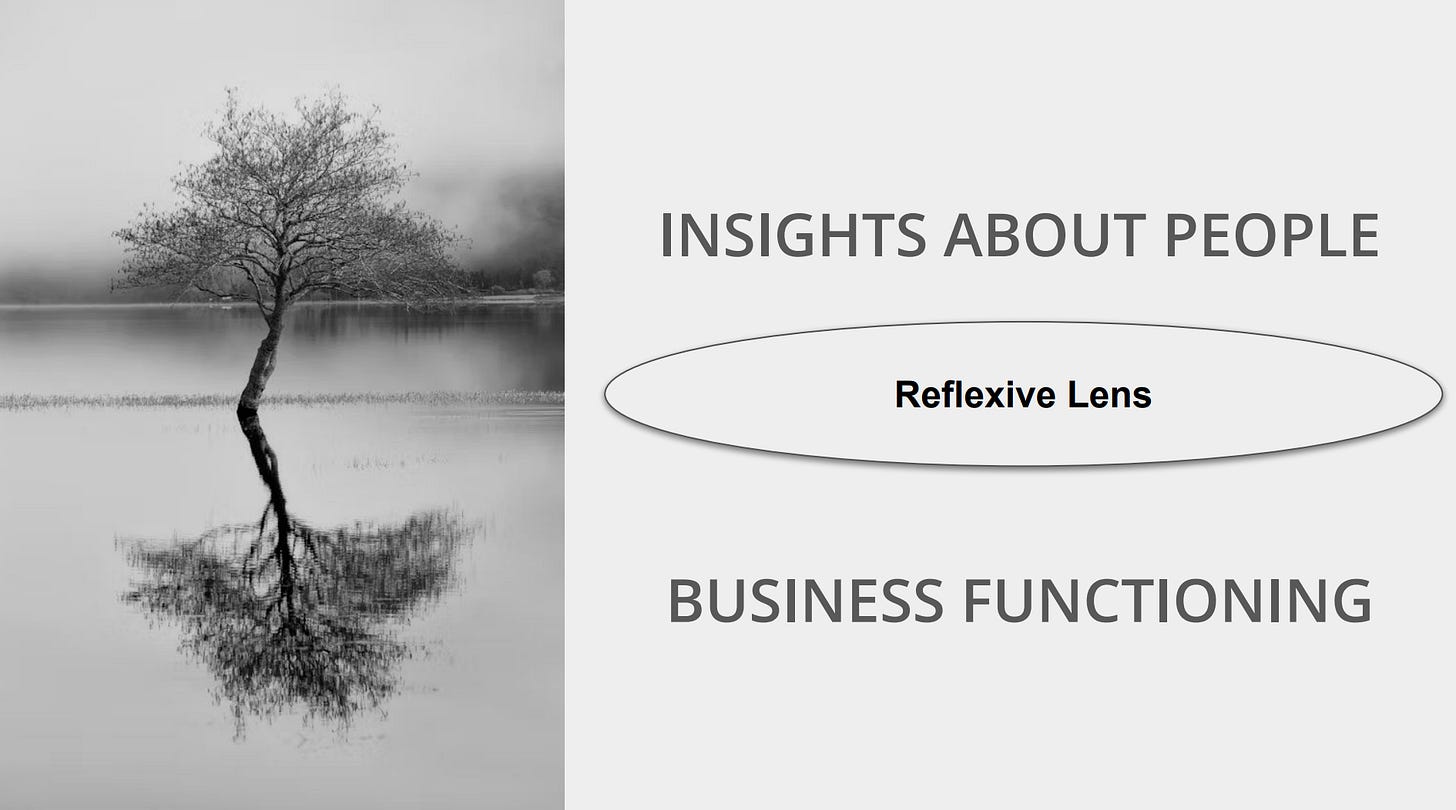Harnessing Insights and Shaping Futures: Highlights from the Rosenfeld Media’s Advancing Research Conference 2024
Research Craft
I thoroughly enjoyed attending Rosenfeld Media’s Advancing Research Conference. I am sharing what I learned from a few of my favorite talks.
Under My (Research) Umbrella: The Benefits and Challenges of Building a Unified Insights Function By: Andrew Warr.
“CUSTOMER CONNECTION: We are are not teaching non-researchers to conduct research - we are enabling them to connect with customers.” - Andrew Warr
Warr discussed how siloed research could lead to duplicative efforts and varying quality, advocating for a cohesive approach integrating diverse insight-generating functions. He discussed how he has built unified insights teams covering Market Research and User Experience Research. Furthermore, at some point, organizations have planned to democratize research, but this can only add to the duplication of work or poor quality of insights. What resonated with me the most was shifting the conversation from 'Research Democratization to Customer Connection.' Research is more than talking to customers; we can facilitate that, but we should refrain from drawing broad claims or conclusions.
“Does the fact that you can count the change in your pocket make you a mathematician?” - Bill Buxton
If you’ve worked in a unified research group with Market Research and UX Research, what are some of the pros and cons you’ve observed?
Beyond Insights: Researchers as Organizational Change Catalysts By: Robin Beers.
Robin Beers highlighted the dual roles of researchers in advocating for customers by using data to challenge harmful organizational practices. She emphasized the need not only to generate meaningful insights but also to push for actionable changes within organizations based on these findings. Beers introduced a model for change and a theory of power to help researchers effectively convert insights into strategic actions, bridging the gap between data collection and impactful organizational change. This strategic positioning empowers researchers to influence business practices and organizational culture deeply. Researchers must consider the potential controversies their findings may provoke among influential stakeholders and prepare accordingly by defining their roles clearly, anticipating resistance, building alliances, committing to long-term change strategies, and trusting their instincts. These steps are essential for researchers acting as consultants to drive significant and positive changes within their organizations.
Image Source: Rosenfeld Media. Advancing Research Conference 2024
Researchers should consider whether their findings will confront influential stakeholders within the organization in potentially controversial ways. To effectively drive change, researchers should:
Clearly define their role and objectives
Anticipate and prepare for resistance
Form supportive alliances
Commit to a long-term strategy for change
Trust their instincts
These steps help researchers act as consultants, using their insights to advocate for substantial and beneficial organizational changes.
Take a few moments to think through the insights you’ve uncovered in your research recently. Have any revealed potential harm to customers? Did you experience any resistance in the organization when making recommendations? Did you or can you now do what it takes to drive change?
From Users to Shapers of AI: The Future of Research By: Tricia Wong.
Image Source: Rosenfeld Media. Advancing Research Conference 2024
Tricia challenged the traditional passive role of individuals interacting with AI technology. She introduced the concept of the "User Trap," highlighting the pervasive powerlessness people often feel in our technology-driven world. Tricia advocated for a significant shift in mindset for researchers, pushing them to transition from mere AI ‘users’ to ‘shapers’ who actively define how AI is developed and utilized. Her vision is for researchers to use their deep understanding of human behavior, their ability to gather and interpret rich, detailed data, and their skills in communicating complex information to play a crucial role in steering the evolution of AI technologies. This approach aims to ensure that AI tools enhance human capabilities and are integrated in ways that genuinely benefit society.
“THE WAY OUT OF THE USER TRAP: Shift our relationship to AI from being ‘Users’ to ‘Shapers’…We are not User Researchers, we’re Researchers” - Tricia Wong
Beyond Methods and Diversity: The Roots of Inclusion By: Victor Udoewa.
Image Source: Rosenfeld Media. Advancing Research Conference 2024
In his thought-provoking talk, Udoewa utilized a tree metaphor to explore the complexities of diversity. He pointed out that diversity is not just visible, like the branches and trunk of a tree, but also includes the roots, which symbolize the deep cultural experiences and realities that shape individuals. Udoewa critiqued traditional and Western-focused research methods, advocating for a more culturally nuanced approach to understanding human behavior and motivation. He suggested engaging with culture through unconventional means such as songs, cooking, and communal celebrations to gain deeper insights into human experiences. This approach encourages researchers to delve beyond surface-level diversity and embrace the profound cultural dynamics that influence human behavior, offering a richer, more inclusive perspective on research and strategy.
Have you tried any non-western research approaches in discovery? Are there any you would like to try? Share your experiences.
Please subscribe, comment, and share. I would love to hear your feedback on what you want to read about. - Anosha






